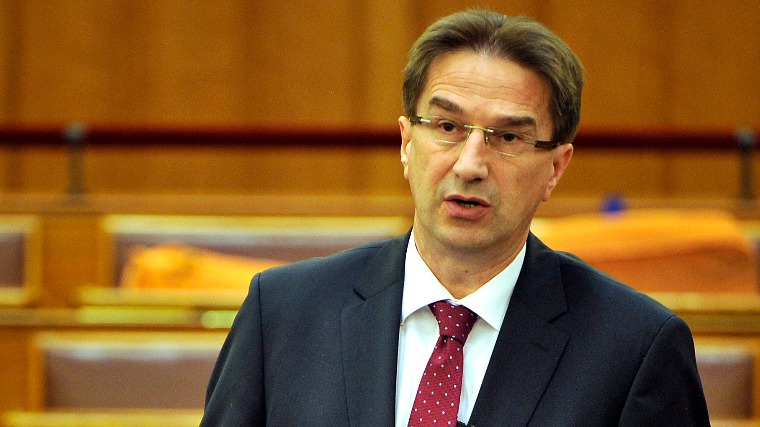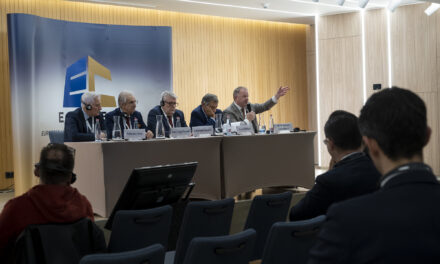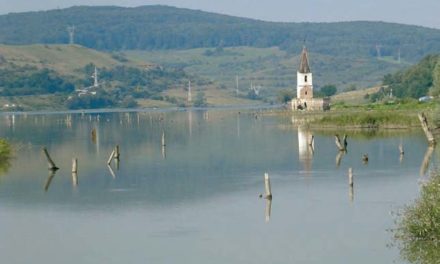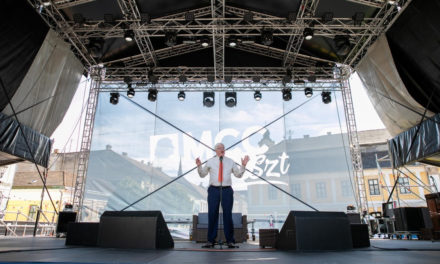In the beginning, there was the profitable prison business, then came the patient business (as an interlude there was also the migrant business, but it was apparently too fiddly, so they gave it up), now the epidemic business is on the table. You need the many, don't you, lawyer?
The above question to Dániel Karsai , on the basis of whose instructions a portal (we shall not name it, a fake news producer) published an article entitled "Where, how and why can I sue the state for the protection certificate". And we know, a lawsuit requires a lawyer, and a lawyer has money...
Pál Völner, the state secretary of the Ministry of Justice, reacted to this new attempt, which does not seem fair in any way.
"Even in this case, the basic premise that my rights can only extend as long as I do not violate or endanger the rights of others cannot be circumvented. The vaccine certificate is not some kind of "red dot" for the vaccinated, but a tool that makes it possible to restart life and the economy".
Pál Völner explained in relation to the protection cards and the violated "discrimination": "With the epidemiological measures, we had to introduce a series of restrictions, such as, for example, restrictions on going out, quarantine obligations, social distancing, and mandatory wearing of masks. The restrictions can only be lifted when the epidemic situation is over , but it is clear that there is only one way to do this: the largest possible proportion of the population being vaccinated. Those who vaccinate themselves are essentially no longer at risk and do not endanger others either. If we look at any scientific research or comparison, it is clear that this is the case. That is why in their case it is unjustified to fully maintain the restrictions, which is why they receive a protection certificate".
If there were no such ID card and no additional privileges, then the opening would be much more limited. This would also mean that the workers of the sectors in a difficult situation would still not be able to return to their normal, busy everyday life.
The full article can be read here .
(Cover photo: MTI, Attila Kovács)













